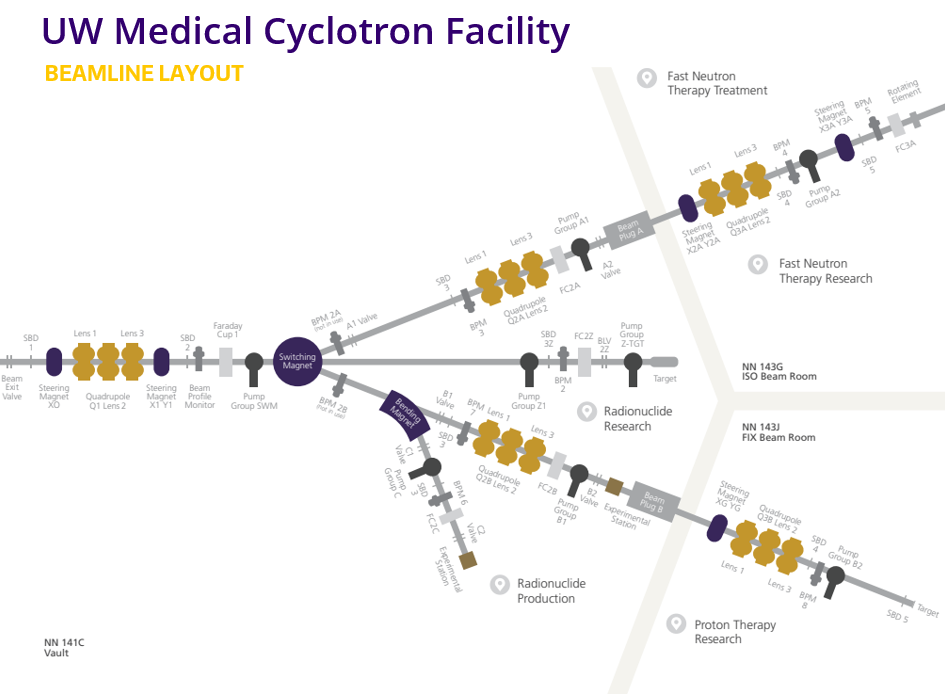The academic faculty in the Department of Radiation Oncology are innovative researchers and scientists in the field of cancer care, bringing our patients cutting edge treatment options and technology. Our clinician faculty conduct research, run clinical trials, and write scholarly publications. Our research faculty has a diverse research area ranging from cyclotron, neutron therapy, experimental micro-radiation, imaging, translational research, and various labs and focus areas. For highlights and details, please see below.
There are many ongoing clinical trials at University of Washington/Fred Hutch Cancer Center, some involving radiation therapy. This link will take you to the list of clinical trials on the Fred Hutch Cancer Center website.
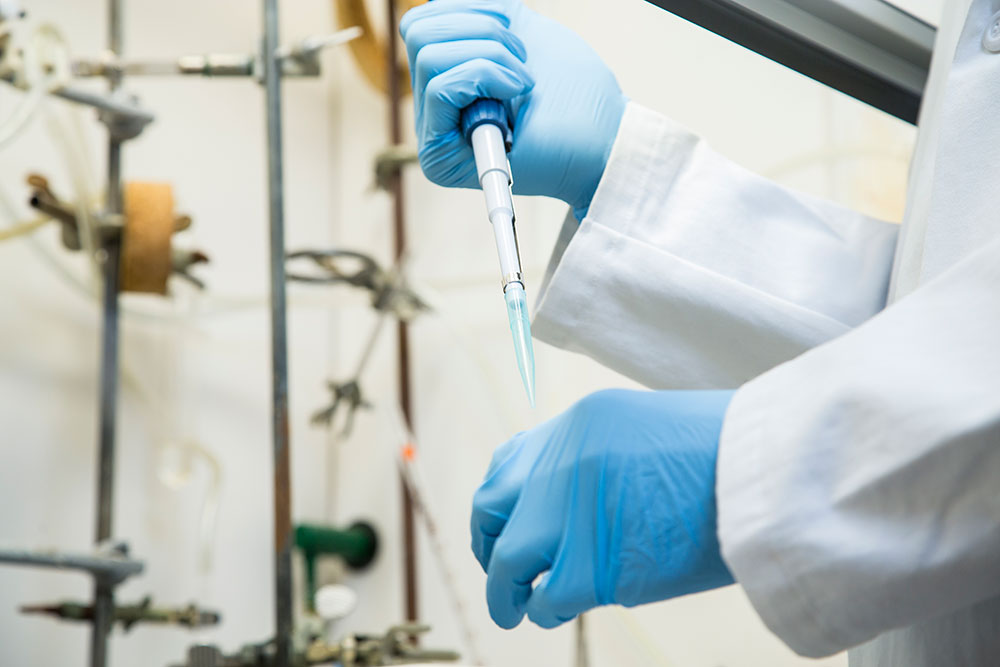
We are committed to excellence in education and continuous improvement in medical physics and radiation oncology training. Our research in education focuses on enhancing the learning experience of our residents and preparing them for successful careers in radiation therapy.
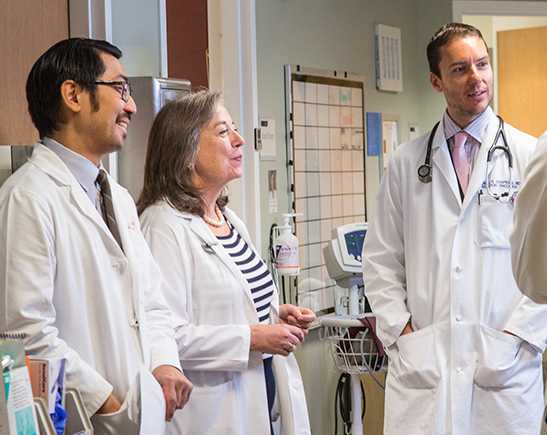
Ultra-high dose-rate radiation for cancer treatment. The “FLASH effect” is a phenomenon that preferentially spares normal tissues without sacrificing anti-tumor efficacy when compared to conventional dose-rate radiation.
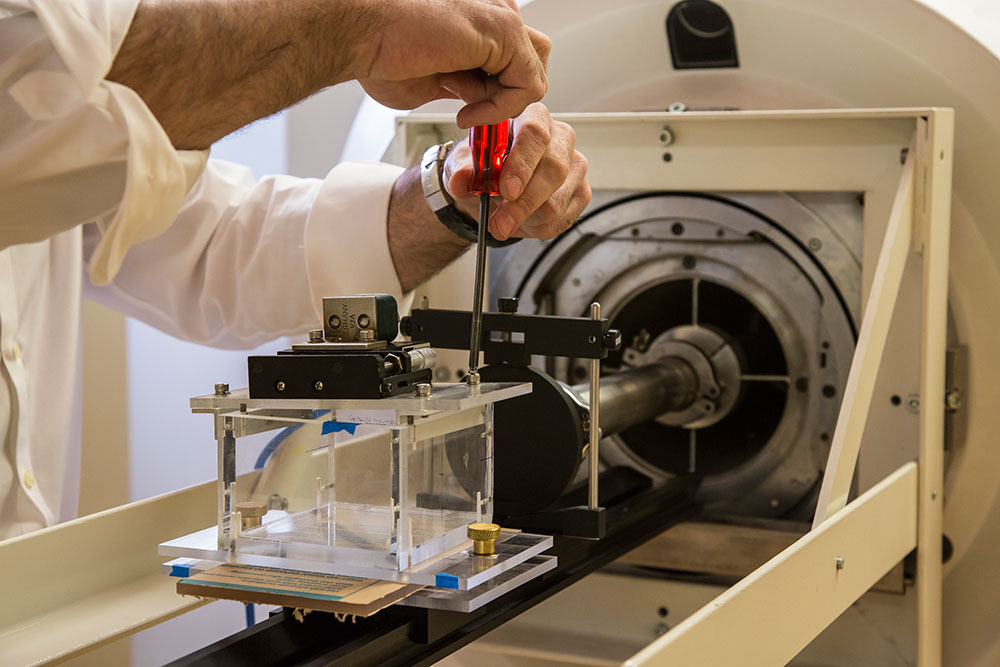
This program’s unique structure is a modern model that puts patient impact and healthy equity at the forefront of every initiative by implementing world-leading research, supporting the efforts of non-profit global cancer organizations, and reaching many distant radiotherapy centers.
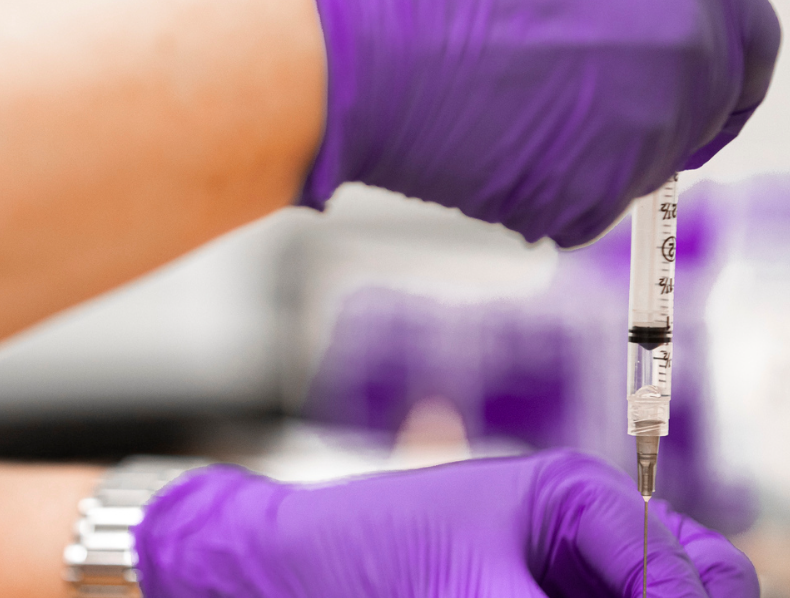
Imaging cancer and tissue function dynamics over multiple spatial-temporal scales guides the administration and assessment of therapies. Beyond qualitative pictures, images are mineable quantitative data that power artificial intelligence-assisted automation to support radiation oncology workflows.
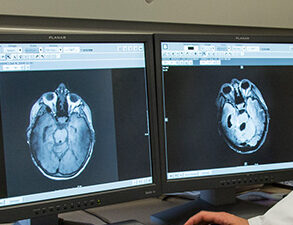
Radiation therapy has complex interactions with our immune system, ranging from immune suppressive effects such killing white blood cells, to immune stimulatory effects such as helping to inducing a systemic anti-tumor immune response.
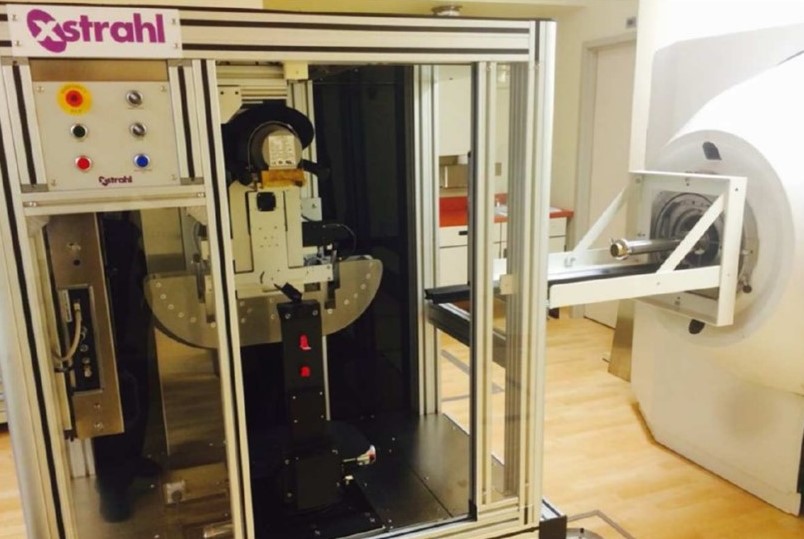
Defining and evaluating quality metrics in radiation oncology. Developing and evaluating tools for real-world assessment of radiation quality.
Improving quality in radiation treatment through point-of-care decision support, peer review , audits & feedback, artificial intelligence, and virtual interventions.

Our Radiochemistry Division has two primary areas of research, which are apparent from the laboratory names, Radionuclide Production Laboratory and Molecular Radiotherapy Research Laboratory.
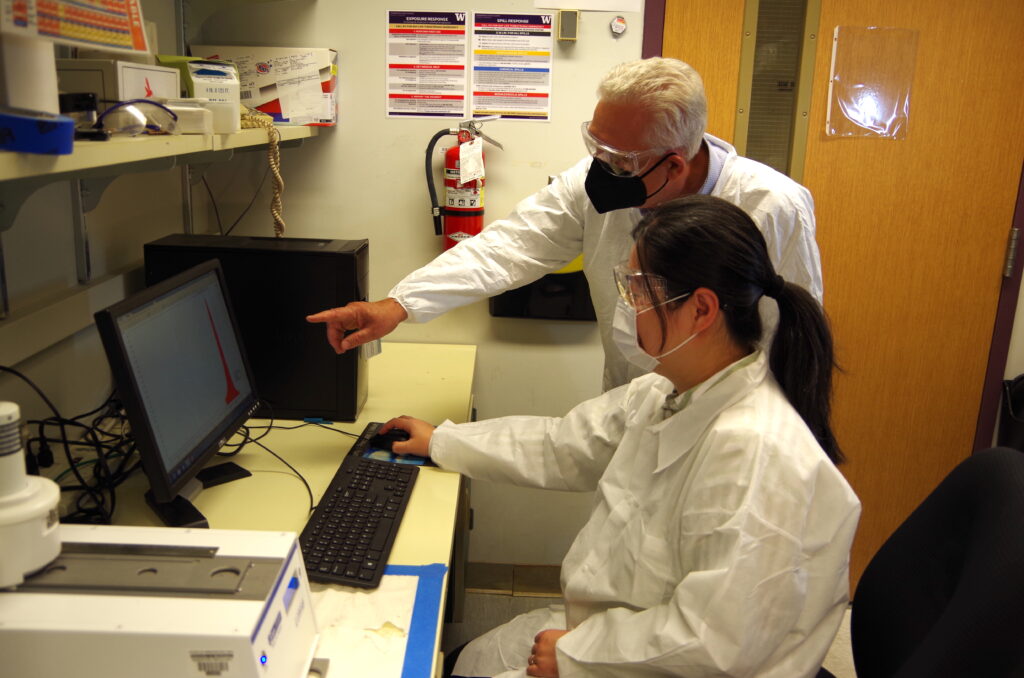
A one-of-a-kind cancer treatment and research facility. The world’s only hospital-based, 50 MeV multi-particle, variable energy cyclotron capable of delivering fast neutron therapy and supporting innovative cancer research programs.
